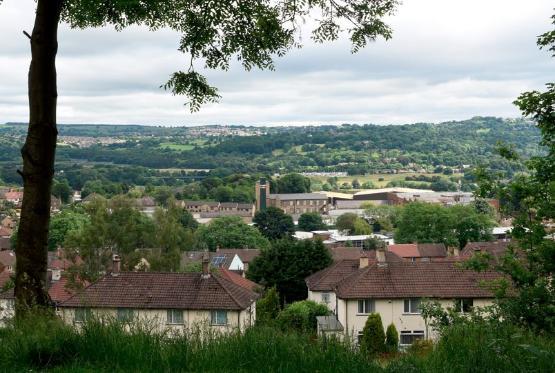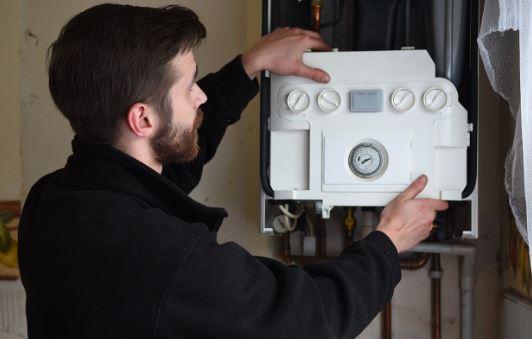Housing association trials artificial intelligence project led by University

A Yorkshire-based housing association is to trial the use of artificial intelligence to reduce costs and improve efficiency.
Jointly developed by the University of Bradford and Incommunities, the project will use machine learning to ‘predict’ things like boiler checks, general maintenance, and housing repairs, and could also be used to help tenants who might fall into debt.
The two-year project – known as a Knowledge Transfer Partnership (KTP) – could lead to reductions in customer debt by targeting support to tenants, fewer missed appointments for servicing, proactive replacement of components prior to failure, among other areas of improvement. Any savings made from these improvements can then be reinvested into new and existing homes and communities.
The project has funding of £179,165 for two years from UK Research and Innovation (UKRI).

Professor Sankar Sivarajah, Head of the School of Management at the University and principal investigator on the project, said: “One of the fundamental aims of this project is to embed an ethical data-driven business culture by adopting an AI-based innovation strategy for Incommunities.
“Incommunities will address business challenges leading to significant productivity gains by adopting an ethical and responsible data-driven AI strategy for effective operational decision-making across the organisation.
“Our project team, which includes Dr Takao Maruyama and Professor Zahir Irani, with the support of a Knowledge Transfer Partnership associate, will help build internal capacity and capability for Incommunities in embedding digital culture transformation and technical expertise in optimisation models, and predictive and prescriptive analytics.”
One example is the number of ‘no access’ compliance safety check visits, where tenants are not at home when gas engineers call. Machine learning will use data to reduce the number of no-access visits, improving customer service, safety and making efficiency savings.
Reduce costs
A report into the project states: “This will digitally transform the operations and decision-making processes across the organisation to the benefit of the company and enhance the quality of service for customers. Incommunities believe that this project will bring about real benefits in their day-to-day management and operations, play a crucial role in supporting their customers, and overall reduce operational costs.”
Jason Baines, Director of ICT and Business Intelligence, said: “We are committed to ensuring customers are at the heart of our business and that the services we deliver reflect their needs. Using artificial intelligence and machine learning can help us predict and prioritise our services more effectively, reduce costs, and improve efficiencies across the business.”
Professor Zahir Irani added: “The University is committed to clean growth, in terms of our own actions but also in the research we do with our partners. This project is an example of where we are able to have a real impact using new technology, in our community, with research of significance that reaches vulnerable parts of society.”
